Description
Contents
- Why Pakistan Does Not Have a Counter-Terrorism Narrative? Muhammad Feyyaz
- The Authority of Ulama and the Problem of Anti- State Militancy in Pakistan Muhammad Akram
- Religious Extremism and Civil Society Organizations in Pakistan Naumana Kiran
- National Narrative to Counter Terrorism in Pakistan: A Critique Munir Masood Marath
- Women and Religious Extremism Naumana Kiran
- Rehabilitation and Deradicalization Efforts in Pakistan Ilam Khan
- Indigenous Cultural Resources for Peacebuilding: Khan Abdul Ghaffar Khan’s Philosophy and Conflict in the Federally Administered Tribal Areas of Pakistan Saira Bano Orakzai
- Re-visiting Counter-terrorism Strategies in Pakistan: An Analysis of the National Action Plan (2015- 2018) Maryam Siddiqa
- Information Revolution and Cyber Warfare: Role of Artificial Intelligence in Combatting Terrorist Propaganda Haleema Zia
- Politics of Counter-terrorism and the 21st Constitutional Amendment in Pakistan Husnul Amin
- Pakistan’s Military Operations: The Counter- terrorism Strategy (2001-2013), Prospects and Implications Iram Khalid & Muhammad Iqbal Roy
- Militancy and Counter-militancy: Impact on Pakistan’s Foreign Policy Iram Khalid
About The Authors
Husnul Amin specializes in social movement studies, religion and politics, conflict and peace studies, and contemporary Muslim intellectual thought movements. He has an academic background in political economy, development studies, and political sociology. Dr. Amin is currently an Associate Professor of Politics at the Department of Politics and International Relations & Executive Director of the Igbal International Institute for Research & Dialogue (IRD), International Islamic University Islamabad (IIUI). He was recently awarded (2019-20)
Fulbright Visiting Research Fellowship jointly hosted by the South Asia Center, University of Pennsylvania and Stockton University, NJ, United Stated. The Fulbright fellowship opportunity was utilized for carrying out a research project on the emergence of youth mobilization and rights-based activism in the region adjacent to Pak-Afghan border. Dr. Amin was also awarded postdoctoral fellowship supported by the DRS- COFUND Fellowship Program of Freie University Berlin and the European Commission, hosted by the Berlin Graduate School Muslim Cultures & Societies (BGSMCS) during his research stay (2013-2014); availed fellowship at William & Mary, Virginia, USA (Jan 2014), and short-term research stay at the University of North Carolina Wilmington, USA (Oct 2015). In 2006, he was awarded foreign fellowship to pursue his PhD in Development Studies with further specialization in Political Sociology from the International Institute of Social Studies, The Hague, Erasmus University Rotterdam, The Netherlands. He has been providing academic research supervision since 2010 to MS and PhD students. Dr. Amin has published several books and numerous journal articles, and book chapters. He has received multiple scholarships and his main areas of teaching and research are: Post-Islamism and Islamic Social Movements; Ethnicity, Migration, and Nationalism; International Political Economy; Religion and Politics in the Middle East; Advanced Research Methods; Public Policy Analysis; and Globalization & World Politics. The author can be reached at [email protected]
Maryam Siddiqa completed her PhD in Politics & IR from the International Islamic University Islamabad (IIUI) in 2015. She holds Master degrees in English Literature, Political Science and Islamic Studies from the University of the Punjab. She is author of Politics of Madrassa Reforms in Pakistan: Islamization and Enlightened Moderation. Dr Maryam is currently working as a Lecturer at the Iqbal International Institute for Research and Dialogue, International Islamic University Islamabad. The author can be reached at [email protected]
About the Books
This current edited volume compiles chapters and research papers that address one or other aspects of counter-terrorism strategies. It includes research studies conducted on counter- terrorism narrative building, military operations, legislative measures, such as the 21st Amendment to the constitution of Pakistan, the National Action Plan that directed the Counter- Terrorism strategy after the 16/12 tragedy at Peshawar, the role of various segments of society including women and ulama in countering terrorism in Pakistan. The impact of counter- terrorism strategies on Pakistan’s foreign policy is also highlighted in the book. These studies are also important because of their critical analysis of the role of state institutions as well as the non-state actors in countering terrorism.
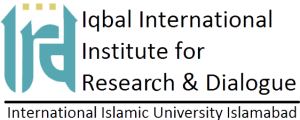
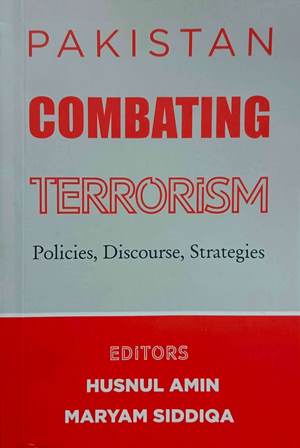
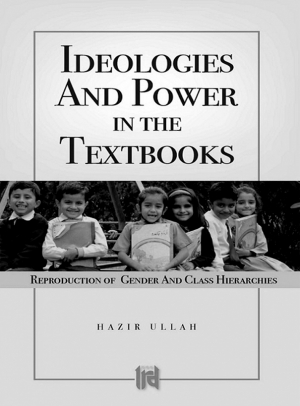
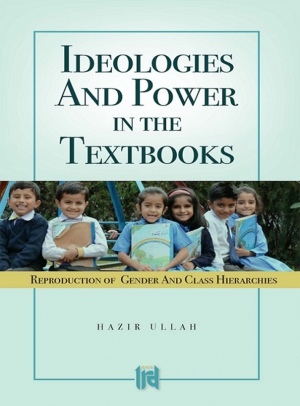
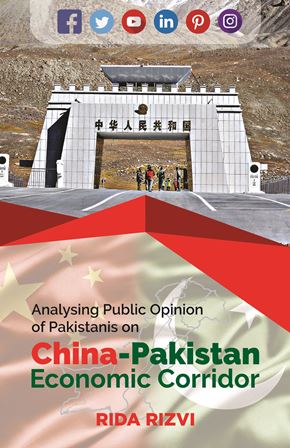
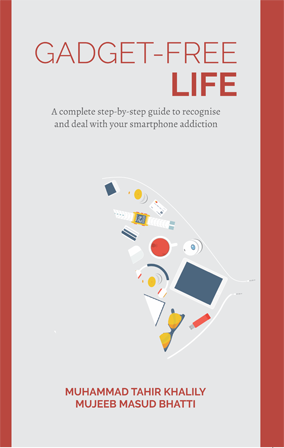
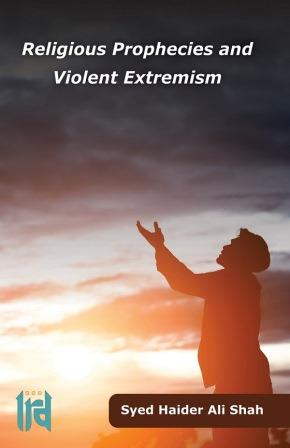


Reviews
There are no reviews yet.